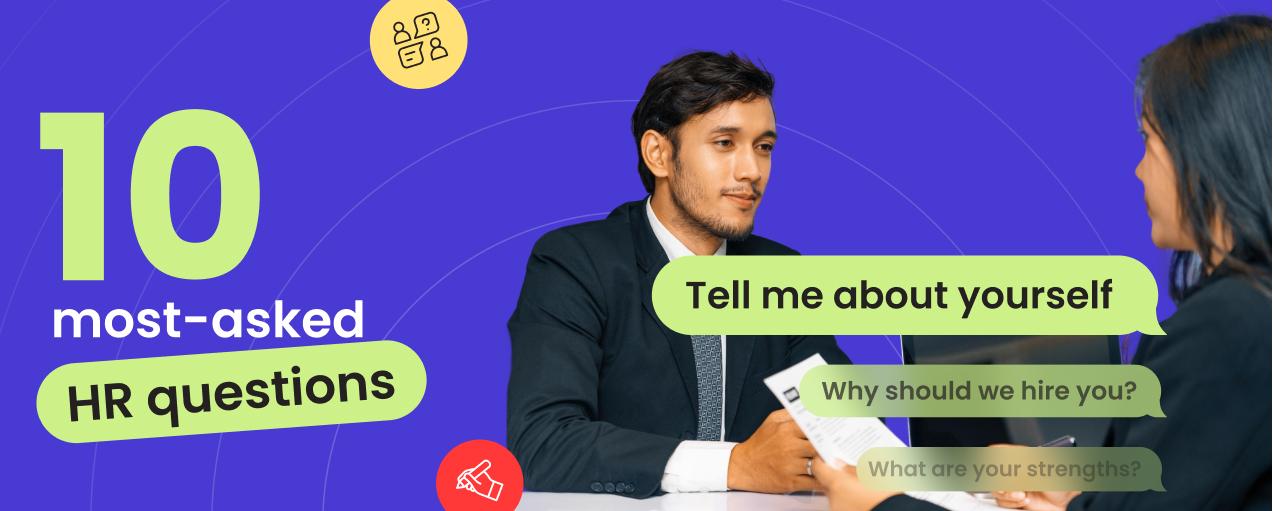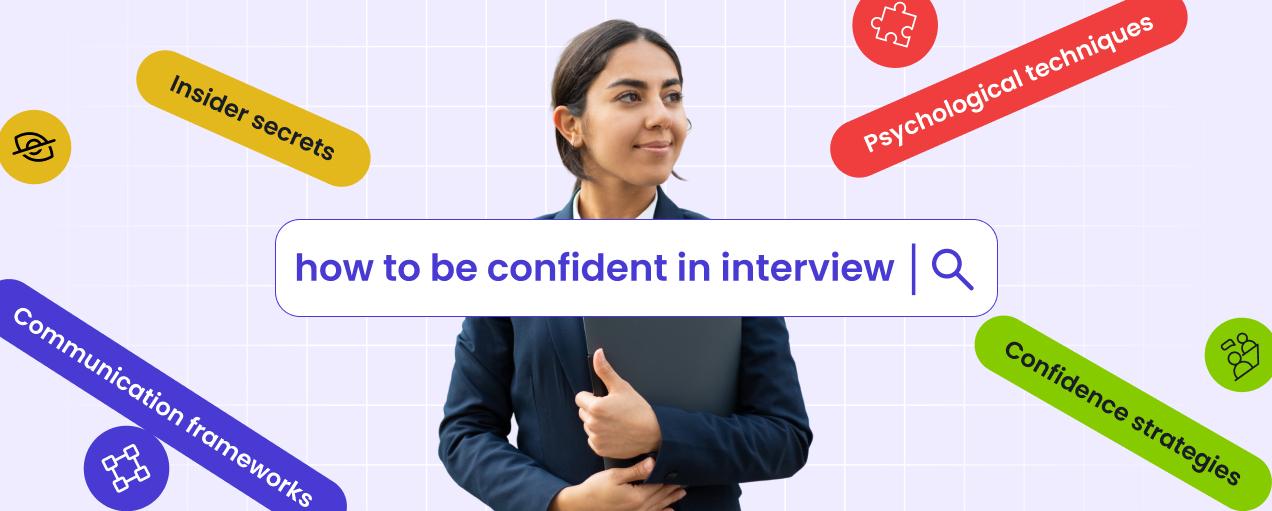2025's Top Resume Skills for Freshers and New Graduates for Next Interview
May 06, 2025 •
15 min

Table of Contents
What are resume skills?
Different types of skills
Why are skills so important for freshers?
How to identify your resume skills as a fresher
Making your skills section stand out
Hard skills: The real-world knowledge you bring to the table
Soft skills: The freshers’ secret weapon
Transferable skills: The bridge to your future career
Industry-specific skills for freshers
How LineupX can help you
Common questions about skills in a resume
Share Blog
Related Blogs









